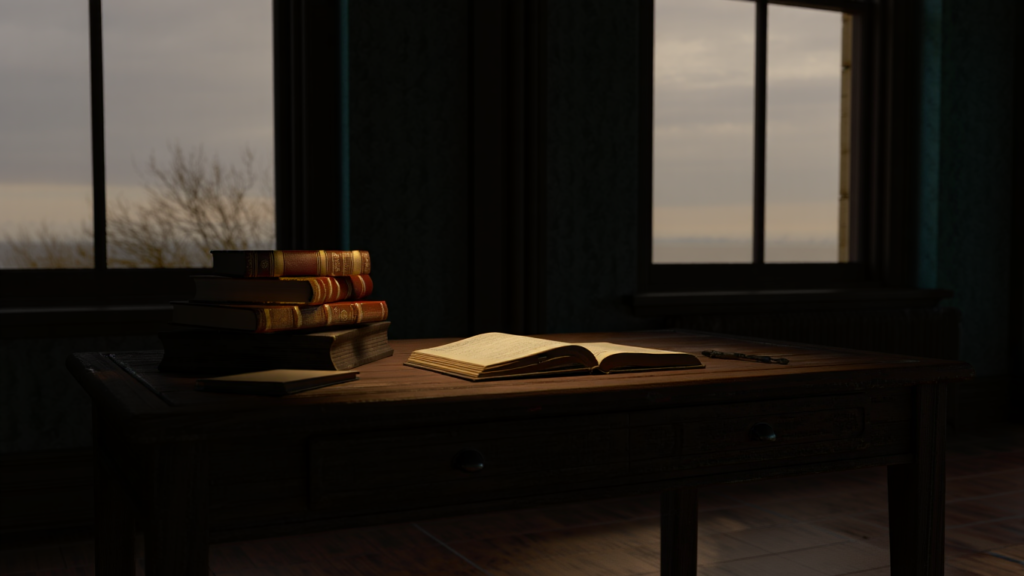Yesterday marked a peculiar milestone in any writer’s journey—the publication of the first critical review of “Anonymous Letters.” Natalia Borissovna Ivanova’s thoughtful analysis appeared on Literary Year, and I find myself in that curious position of watching someone else dissect your creative offspring with the clinical precision of a seasoned literary surgeon.
Ivanova brings considerable authority to her assessment. Born in 1945 into a family of journalists, she has spent over fifty years shaping Russian literary discourse. She serves as first deputy editor of Znamya since 1993 (one of Russia’s most prestigious literary journals) and has authored over 500 works on Russian literature—her attention to my work represents something more significant than routine book coverage. Her trajectory from studying Karolina Pavlova and Evdokia Rostopchina for her diploma to becoming president of the Academy of Russian Contemporary Literature speaks to a career dedicated to nurturing literary talent.
Her article, titled “A Promising Beginning: ‘Anonymous Letters’ by Anastasia Dubinina,” approaches the novel with the kind of careful attention that has characterized her decades-long engagement with contemporary Russian literature. Having worked her way from poetry editor to first deputy at Znamya since 1972, and coordinated literary prizes including the Ivan Petrovich Belkin Award, she understands the delicate ecosystem in which new fiction must find its place. Her monographs on Fazil Iskander, Yuri Trifonov, and Boris Pasternak demonstrate her capacity to identify and articulate what makes literature endure. She identifies the psychological transformation at the heart of Anna’s story—how mystery serves as an antidote to creative dormancy. “For someone whose soul thirsts for uncertainty, for a puzzle to stir the imagination, such a letter is a lifeline.” Reading this, I realized she had grasped something I hadn’t fully articulated to myself during the writing process.
What strikes me most is how the article frames the work within Gothic tradition while acknowledging its psychological dimensions—an approach that reflects Ivanova’s broader critical philosophy. As this veteran critic once noted, “Criticism is born from a sense of resistance—to the madness of time, encroaching darkness, literary routine.” The observation about place becoming character makes me wonder if I unconsciously drew more heavily on English literary traditions than I’d recognized. Living between cultures creates these unexpected creative confluences.
The review’s focus on contrast particularly resonates: “grey, predictable life—and the sudden intrusion of the irrational.” Perhaps this reflects my own experience of displacement, where the familiar can suddenly become strange, where an ordinary Tuesday in Brighton can fracture into something altogether more mysterious.
Ivanova notes the “potential for exploring boundaries between reality and fiction, fear and inspiration.” This acknowledgment of the novel’s thematic ambitions feels both validating and daunting—it’s one thing to harbor these intentions privately, another to see them recognized publicly and thus held accountable.
Her description of Anna’s awakening—”mystery awakens her from creative and life dormancy”—could equally describe my own relationship with this project. Writing “Anonymous Letters” pulled me from my own period of stagnation, much like Anna’s mysterious correspondence. The parallels weren’t intentional, but critics often illuminate unconscious patterns in ways that surprise even the author.
The phrase “quality genre fiction with elements of psychological depth” positions the work in a space I’m comfortable inhabiting—not quite literary fiction, not quite mystery, but something that hopefully transcends both categories’ limitations.
Reading Ivanova’s analysis feels like watching someone map territory you’ve explored intuitively. The critic sees the architecture where I felt my way through emotional landscapes. This external perspective—from someone who received the Order of Honour for propagating Soviet multinational literature and later the Government Prize for preserving the best traditions of literary journals—carries particular weight. It’s like having your work examined under a lens that has focused on Russian literature for five decades, revealing patterns you hadn’t fully recognized yourself.
— Writer Anastasia Dubinina
